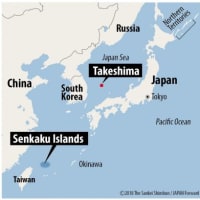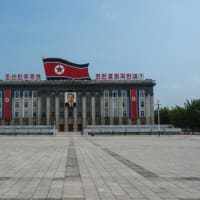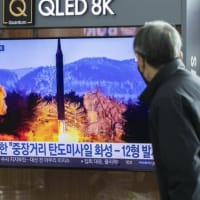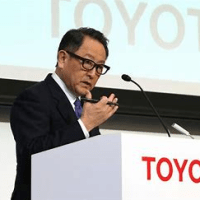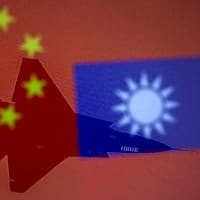
Welcome to Issues in Japan.
The theme this time is “The State Must Protect Corporations from 'Human Rights Risks'.”
I would like tentatively to share the analysis and insights of Mr. Masahiko Hosokawa, Professor at Meisei University and former high-ranking bureaucrat of the Ministry of Economy, Trade and Industry.
The Liberal Democratic Party (LDP) seems to be considering a proposal on "Human Rights and Business".
According to media reports, the proposal will focus on "human rights due diligence (DD)," in which companies investigate the risk of human rights violations at their business partners and take preventive measures and countermeasures, considering concerns about the human rights situation in China and other countries such as the Xinjiang Uyghur Autonomous Region.
In Europe, there is a movement to make human rights due diligence compulsory, and in Japan, it may be necessary for the government to develop guidelines for implementation in order to promote corporate initiatives.
I have no objection to this direction.
However, it is necessary to consider the issue from a multifaceted perspective from the standpoint of avoiding human rights risks, rather than focusing solely on human rights due diligence.
●Fear of arbitrary operation in both the US and China.
Japanese companies are now facing a major risk.
It is the Uyghur Forced Labor Prevention Act passed by the U.S. at the end of last year.
In principle, it bans the import of all products from Xinjiang Uyghur Autonomous Region on the grounds of forced labor.
It requires companies to prove that their products are not made by forced labor.
This is the so-called "devil's proof.”
Japanese companies exporting to the U.S. will also have to scrutinize their extensive supply chain.
What is serious is that US operations are opaque and unpredictable.
The case of UNIQLO shirts being stopped by US customs last year is a typical example.
On the other hand, China is also ready to retaliate with anti-foreign sanctions laws.
.......
●"Export control for human rights reasons".
What is important is for the government to take action on export control.
At last year's summit of the Group of Seven (G7) , it was agreed to take joint action on a mechanism to eliminate forced labor from the international supply chain, and stated that "trade policy is an important instrument."
Europe and the U.S. have already taken trade measures such as export controls, and Japan is the only country that has not implemented them.
..........
Japan should participate in the consultations of the voluntary countries not as an observer but in a responsible capacity.
The Ministry of Foreign Affairs of Japan has been reluctant to impose export controls for human rights violations, perhaps because it is concerned about irritating China.
However, export controls are fundamentally different from sanctions, and are not regulations that name specific countries such as China.
..........
It is an evasion of responsibility to require only companies to bear the burden and make judgments about human rights due diligence, but not the government.
If corporations take the risks they face seriously, human rights due diligence should also be viewed comprehensively and closely related to export control.
That’s all for now.
For detailed information you may visit the following.
https://youtu.be/o5aqA22Bl9Q
Thank you for your visit and interest.











